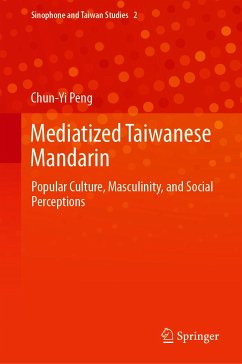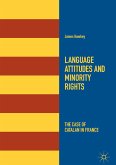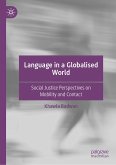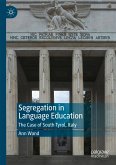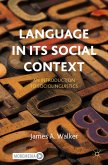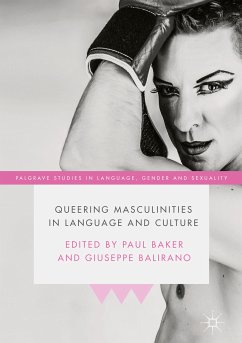This book explores how language ideologies have emerged for gangtaiqiang through a combination of indexical and ideological processes in televised media. Gangtaiqiang (Hong Kong-Taiwan accent), a socially recognizable form of mediatized Taiwanese Mandarin, has become a stereotype for many Chinese mainlanders who have little real-life interaction with Taiwanese people. Using both qualitative and quantitative approaches, the author examines how Chinese millennials perceive gangtaiqiang by focusing on the following questions: 1) the role of televised media in the formation of language attitudes, and 2) how shifting gender ideologies are performed and embodied such attitudes. This book presents empirical evidence to argue that gangtaiqiang should, in fact, be conceptualized as a mediatized variety of Mandarin, rather than the actual speech of people in Hong Kong or Taiwan. The analyses in this book point to an emerging realignment among the Chinese towards gangtaiqiang, a variety traditionally associated with chic, urban television celebrities and young cosmopolitan types. In contrast to Beijing Mandarin, Taiwanese Mandarin is now perceived to be pretentious, babyish, and emasculated, mirroring the power dynamics between Taiwan and China.
Dieser Download kann aus rechtlichen Gründen nur mit Rechnungsadresse in A, B, BG, CY, CZ, D, DK, EW, E, FIN, F, GR, HR, H, IRL, I, LT, L, LR, M, NL, PL, P, R, S, SLO, SK ausgeliefert werden.

